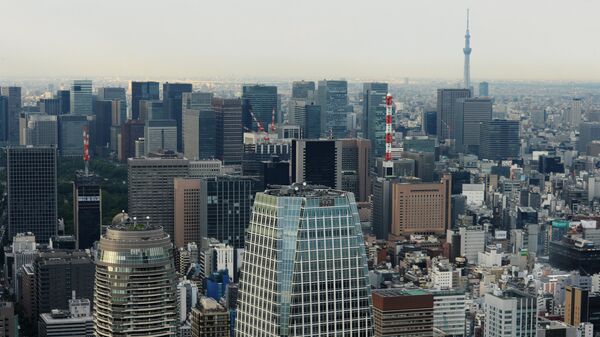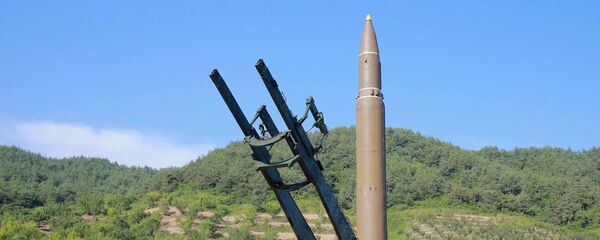MOSCOW (Sputnik) — The ministry also noted that the decrease might also be influenced by decreasing prices for imported agricultural prices and the increasing cost for producing food products in the country.
"In 2016 fiscal year, even though the acreage of wheat and sugar beet has been increased, [the food self-sufficiency rate] totaled 38 percent, because productivity fell and the production quantity decreased due to the bad weather," the report read.
According to ministry data, last year's figures were second lowest in the history after six consecutive years of growth. Previously, the self-sufficiency rate reached a historical low of 37 percent in 1993.
For several years, Japan's food self-sufficiency has been the lowest among the developed countries countries. In 2015, the Japanese government vowed to increase the rate to 45 percent by 2025.



